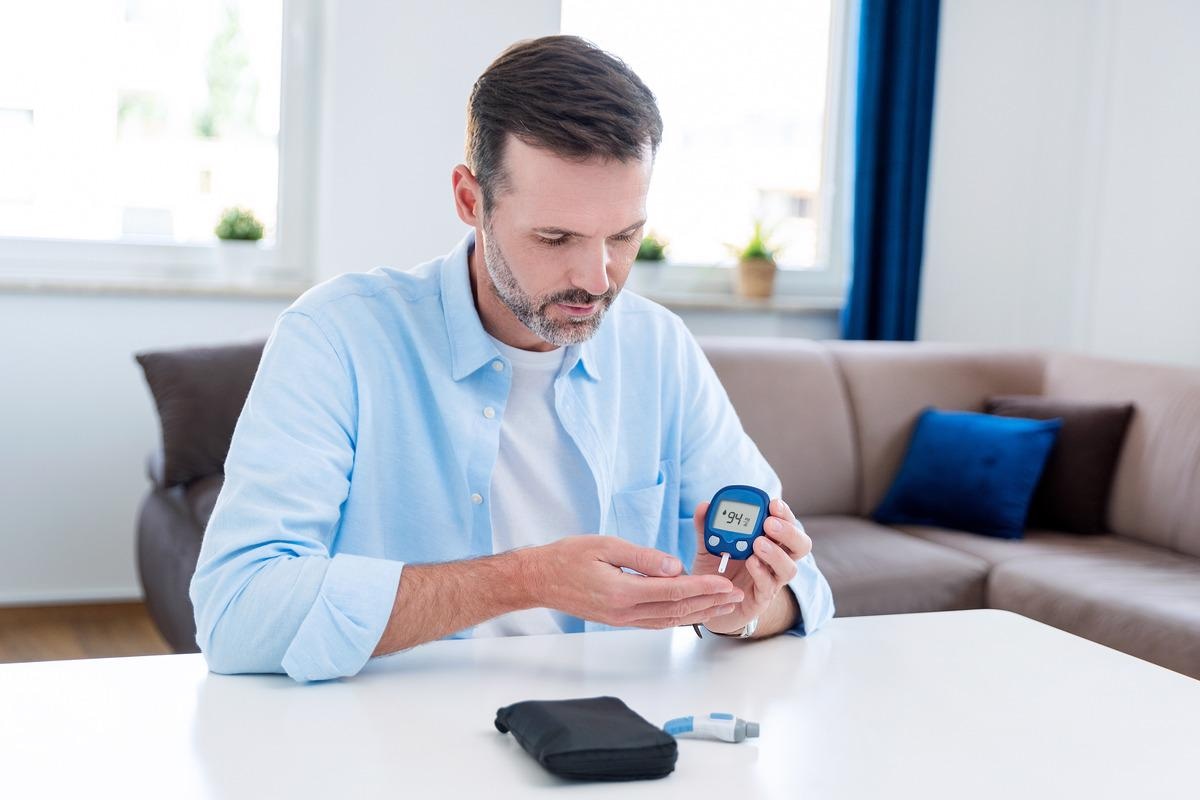In a recently published article in the journal Primary Care Diabetes, scientists have revealed that non-diabetic patients with moderate hyperglycemia are more likely to develop severe and fatal coronavirus disease 2019 (COVID-19) than diabetic patients. In other words, moderate hyperglycemia can be regarded as a potential prognostic marker for poor COVID-19 outcomes.
 Study: Moderately hyperglycemia as an independent prognostic factor for the worse outcome of COVID-19. Image Credit: Proxima Studio/Shutterstock
Study: Moderately hyperglycemia as an independent prognostic factor for the worse outcome of COVID-19. Image Credit: Proxima Studio/Shutterstock
Background
During the ongoing COVID-19 pandemic caused by severe acute respiratory syndrome coronavirus 2 (SARS-CoV-2), several studies have been conducted to identify biological factors associated with poor COVID-19 prognosis. These studies have shown that increased levels of C-reactive protein (CRP), lactate dehydrogenase (LDH), and D-dimer and decreased levels of platelet and lymphocytes are associated with poor disease prognosis.
Diabetes has been identified as one of the major comorbidities that increase the risk of severe COVID-19. In general, high blood glucose or hyperglycemia is known to have a bidirectional correlation with infectious diseases. While hyperglycemia impairs the immune system’s ability to fight invading pathogens, viral and bacterial infections induce insulin resistance and hyperglycemia by increasing the secretion of pro-inflammatory cytokines and stress hormones.
In the current study, the scientists have evaluated COVID-19 prognosis in diabetic patients and non-diabetic patients with or without hyperglycemia.
Study design
The study was conducted on 822 symptomatic COVID-19 patients who were admitted to the hospital between March and October 2020. The patients were divided into three groups based on their blood glucose levels at the time of hospital admission.
Of all patients, 315 were identified to have a history of diabetes, and thus, were considered as diabetic patients. Among non-diabetic patients, 394 had admission time blood glucose level of less than 140 mg/dl, and 113 had admission time blood glucose level of more than 140 mg/dl.
The impact of admission time blood glucose level on COVID-19-related mortality, intensive care unit (ICU) admission, and duration of hospital stay was evaluated in the three groups of patients.
Important observations
The initial analysis revealed a significant association between diabetes and mortality, ICU admission, and hospital stay. A similar correlation was also observed in non-diabetic patients with blood glucose of more than 140 mg/dl.
Regarding patients’ comorbidities and use of medications, significant differences were observed between the groups. Although more commonly observed in diabetic patients, these conditions showed similar prevalence in the other groups. Given their impact on COVID-19 prognosis, a separate set of analyses was conducted after adjusting for these conditions.
The findings revealed that compared to diabetic patients, non-diabetic patients with blood glucose levels more than 140 mg/dl have significantly higher rates of mortality and ICU admissions. Although diabetes correlated significantly with mortality and ICU admission, the impact was lower than a non-diabetic condition with blood glucose levels more than 140 mg/dl.
After adjusting for all conditions, no significant correlation between diabetes and longer hospital stay was observed. In addition, a significantly lower frequency of all tested prognostic factors (hospital stay, ICU admission, and death) was observed in non-diabetic patients with blood glucose level less than 140 mg/dl.
Study significance
The study reveals that the risk of severe and fatal COVID-19 is significantly higher in non-diabetic patients with moderate hyperglycemia compared to that in diabetic patients.
Based on the study findings, the scientists suggest that moderate hyperglycemia (blood glucose level >140 mg/dl) can be regarded as an independent predictor of poor COVID-19 outcome.